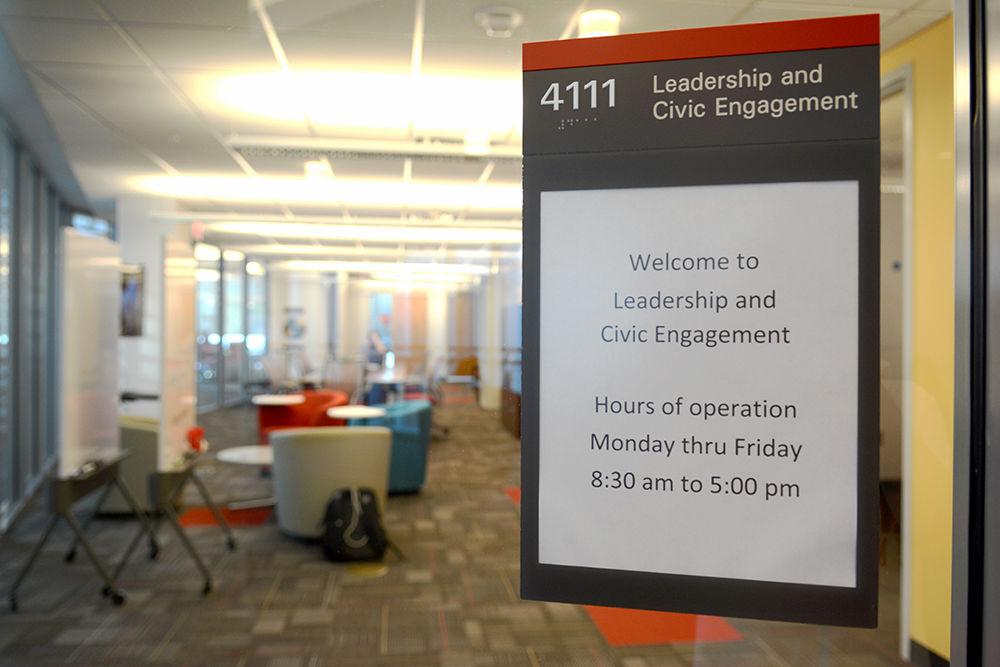With the Nov. 18 application deadline quickly approaching, the Office of Leadership and Civic Engagement is searching for their next group of Civically Engaged Scholars. This program began in 2017 as a way to encourage students to invest in civic engagement and includes service opportunities, workshops and leadership development opportunities.
Brian Mathis, associate director of the Office of Leadership and Civic Engagement, said the program is meant to engage students for the duration of their time at NC State, but many students join after their first-year. Students in the program are required to complete 200 hours of civic engagement and a final capstone presentation among other leadership development aspects.
“We recommend for freshmen and sophomores to take the program because there are multiple components, but we’ve had juniors and seniors and grad students also join the program that are really committed and invested to accomplish those hours right away,” Mathis said. “It’s open to any student, undergraduate or graduate, that [is] committed to deepening their understanding and engagement with the community.”
One current scholar, Haley Johnson, a third-year studying animal science, said the 200 hours of service breaks down into four focus areas: direct service, indirect service, community research and advocacy and activism.
Johnson said Mystery Service Saturdays are often a part of “direct service”, while assisting with marketing for a nonprofit is an example of “indirect service”. “Community research” can focus on any topic affecting the community. Johnson said one of the projects within the program is specifically focusing on food insecurity.
“It is not a major commitment at all,” Johnson said. “It is what you make of it … There are monthly program meetings, so that’s maybe two to three hours set aside a month. But the civic engagement hours personally isn’t much of an issue and you can get it done by the end.”
In addition to the service hours, Mathis said Civically Engaged Scholars must attend regular workshops, complete the foundations path of the Leadership Development Program, and enroll in the USC 298: Introduction to Civic Engagement & Social Change course.
“The reason [the Leadership Development Program] is part of the requirement is because we believe that for our students, who are doing a deeper dive in civic engagement, it’s essential to develop these skills from the Leadership Development Program to affect positive change within our community,” Mathis said. “It’s a great combination of leadership development, and then a deeper dive of civic engagement activity as well.”
Johnson said while she believes any student would benefit from being a part of the program, she especially encourages students interested in service to apply.
“Part of one of the great things about going to NC State is that you have this amazing academic experience in the classroom,” Mathis said. “Our program challenges students to take what they’re learning in the classroom to also think about how they can apply that knowledge to create a better world for all people outside of the classroom … We know that we have talented students that are applying those skills and those talents, and so we’re helping to broaden the horizon so our students can think about other creative ways to create positive change for the community.”
To learn more about the Civically Engaged Scholars program and apply, students can go to their website. To find local service opportunities, students can visit service.dasa.ncsu.edu.








